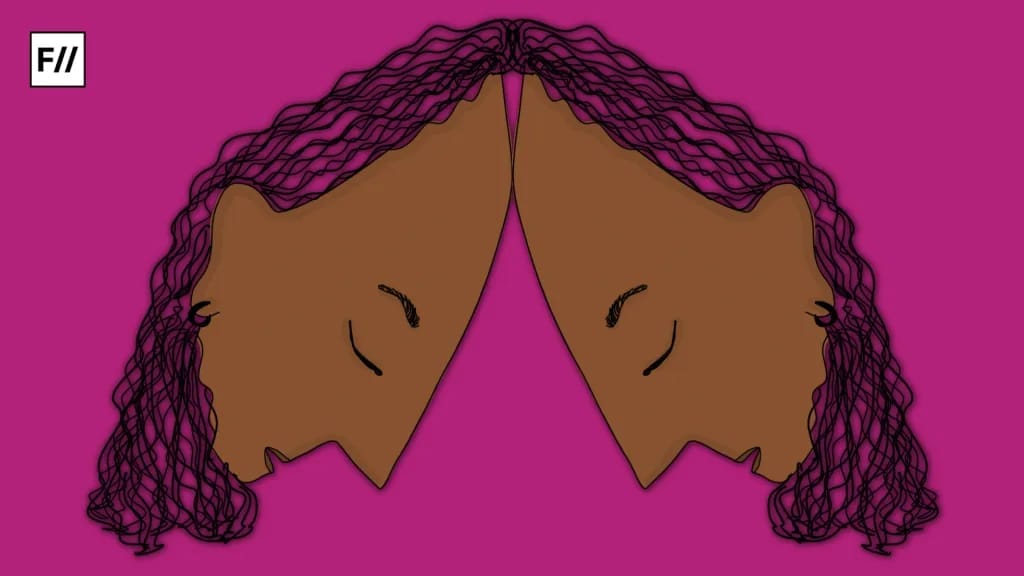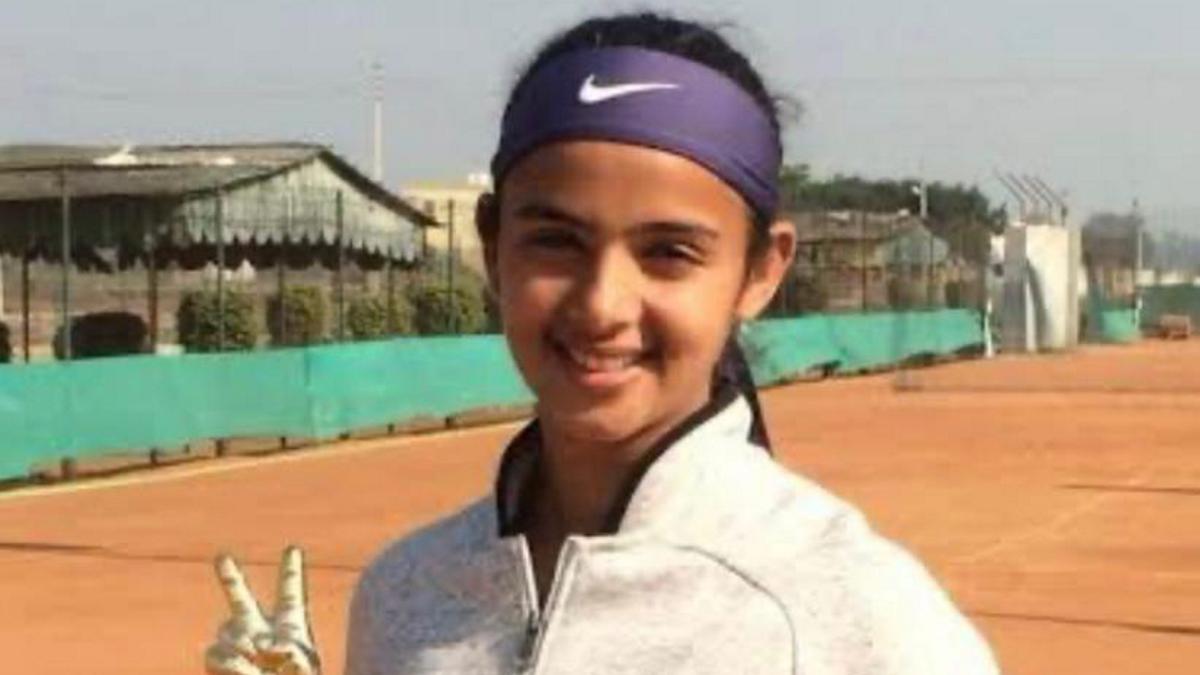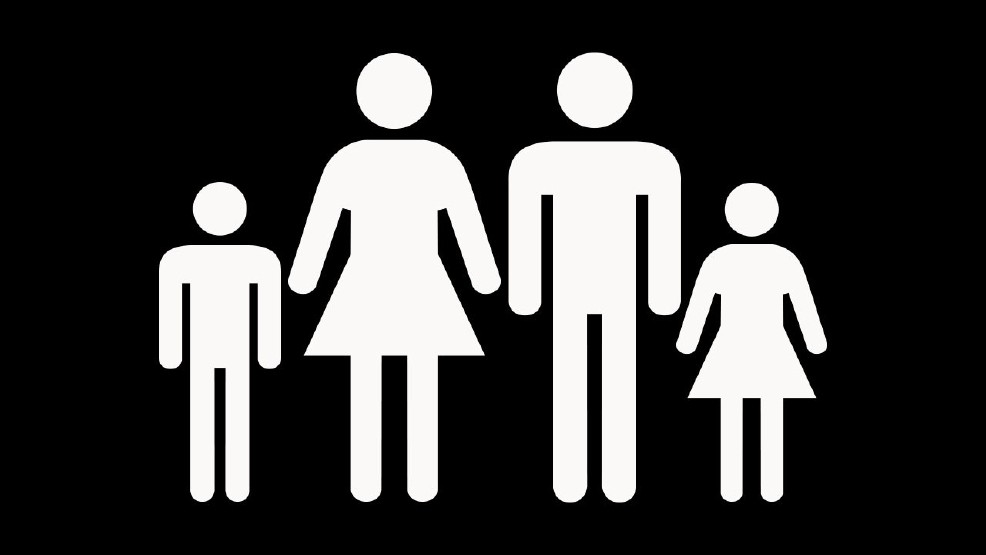A 25 year old, state-level tennis player named Radhika Yadav was killed by her father, Deepak Yadav, on 10th July. She was shot dead in the kitchen of her home while making breakfast. Home is believed to be the safest place, but ironically a large number of crimes against women take place in their own homes; for instance 31.4 per cent of such crimes are cases of cruelty by the husband or relatives.
Radhika’s death exposes the illusion of safety standards built on traditional norms
Radhika was facing restrictions like returning home before 8 PM, even though the tennis court was visible from her house. Such rules are often imposed on women in the name of safety. But she was killed inside her own home by her father. This raises questions about whether these time restrictions actually ensure women’s safety.
One of Radhika’s friend remebers, ‘There was a walking trail next to the tennis court. Radhika and I would walk there. Our classes would continue till 8 pm. The court is visible from their home. Once we went out, and she was scolded for staying out till 8 pm. She would be scolded even for walking with me. I didn’t give it much thought because for women, safety is an issue. But (he) killed her,’
Radhika’s story reflects the everyday struggles of women who dare to dream
Her friend also mentioned that Radhika faced taunts from her family and others around her for wearing short clothes, which were necessary for the game. She also talked about the challenges Radhika faced on the field because of her age and gender. These challenges are not hard to imagine, they are a reality for many women who try to build a life for themselves. They face such backlash. Women not only have to work on improving their skills and gaining knowledge, but also need to constantly gather the courage to push through these challenges.
Despite all these problems, Radhika wanted to be financially independent.
All she wanted was independence
In her WhatsApp messages to one of her coaches, Ajay Yadav, she had expressed that she wanted to move away from home so she could live her life freely, take up some courses, and escape the unnecessary restrictions.
‘Ghar wale toh theek hai. Lekin thode time rehna hai independently. Wanna enjoy life idhar kaafi restrictions hai. Baaki dekho aim toh yeh hee hai thode bohot course karle‘ (Family members are fine. But I want to live an independent life for some time. I want to enjoy, there are a lot of restrictions here. Rest, see, the aim is to do quite a bit of courses). However, her father did not agree.
To restore honour, a father took his daughter’s life
Due to injury in her shoulder Radhika had to take a break from Tennis. But instead of quitting tennis, she began coaching younger players to stay connected to the sport. Police say her father’s behaviour changed after people in the village started making remarks about how he was surviving on his daughter’s earnings.
Her father told in the statement given to police, ‘When I used to go to Wazirabad village to get milk, people used to taunt me, saying that I live off my daughter’s earnings. This troubled me a lot. Some people even questioned my daughter’s character. I told my daughter to close her tennis academy, but she refused‘
Radhika’s family lives in Sushant Lok, Sector 57 of Gurugram which is an upper-middle-class locality.
Radhika’s family lives in Sushant Lok, Sector 57 of Gurugram which is an upper-middle-class locality. Her father, Deepak, is financially well-off and earns a good amount of rental income from multiple properties, so he was not really dependent on Radhika’s earnings. So, what drove him to such extreme rage that he killed his own daughter? And are the claims he made afterward even true?
A relative of Radhika said about her father that ‘He was disturbed by his daughter holding training sessions for budding players and had asked her several times to stop it, which she had refused.’
Misogyny and Islamophobia justifying murder
After the murder of Radhika, on social media, some people started referring to a music video released in 2023 in which Radhika had acted opposite Inamul Haq. Using that as a reference, they began giving the entire case a “love jihad” angle. Along with that, they started praising Deepak and abusing Radhika, a girl who was killed simply because she wanted to live life on her own terms and follow her dreams. They even tried to justify her murder. Later Inamul Haq gave multiple interviews to the various media platforms and clarified how they only shared professional relations.
Such reactions show how deeply rooted the hatred is in people’s hearts and minds against women and minorities. They believe that a woman, who is not even alive anymore, does not deserve any dignity. Without knowing the whole truth, just on the assumption that she might have loved a Muslim man, they think it is okay to do a character assassination. Worst of all, they believe that if a Hindu woman falls in love with a Muslim man, then her murder is somehow justified.
Worst of all, they believe that if a Hindu woman falls in love with a Muslim man, then her murder is somehow justified.
A friend of Radhika, named Himaanshika Singh Rajput, who shared a video on July 12, 2025, about the incident, claimed that she knew Radhika for a decade. She said Radhika felt suffocated at home due to the strict restrictions placed on her by her parents, whom she described as orthodox and overly concerned about society’s opinions. In a more recent video, Himaanshika claimed that Radhika’s father, Deepak, was heavily influenced by his friends, who were jealous of her success. According to her, these friends provoked him by passing remarks about Radhika’s clothes and makeup, mocked him for depending on her income, and even made disgusting comments suggesting he might as well push her into prostitution.

This case is not just about a murder of a woman in her own house but it is about the deep-rooted patriarchy, societal pressure, and misogyny that continue to cost women their lives. Radhika’s desire to live her life on her own terms, which was eventually her basic human right, was seen as a threat to her father’s so-called honour. If a father or family is financially dependent on his daughter’s earnings, why should that be something to mock? And why should any father feel ashamed about it?
The very idea of feeling shame for relying on a daughter’s income is deeply connected to the patriarchal structure of our society, a society where women are still seen as inferior to men, and their success is often treated as a threat to male pride. Radhika’s death exposes how something that should have been a matter of pride for a father; a daughter’s success and independence was crushed by a deeply fragile and patriarchal social system, the reason for her murder. It shows how this system turns women’s progress into threats, and the very idea of male honour promotes violence against women.
Women who seek independence in this society are often punished by their families and by society. The violence faced by Radhika is not rare but it is woven into the everyday experience of countless women. Until we stop justifying control in the name of protection, and honour over a woman’s autonomy, stories like Radhika’s will keep repeating.







